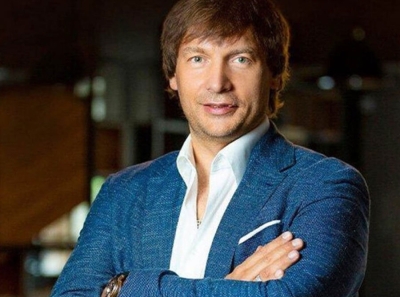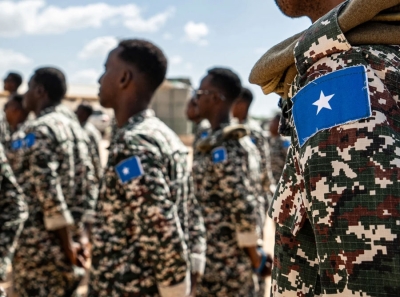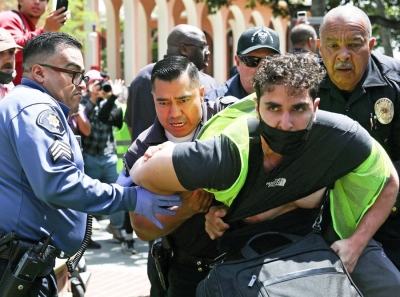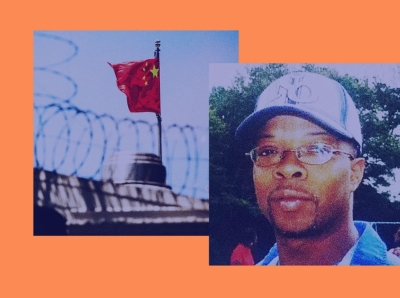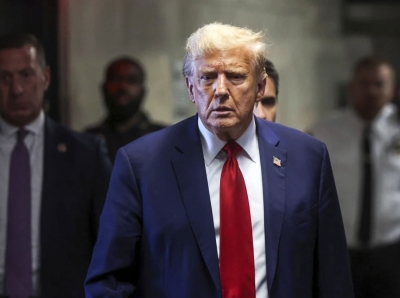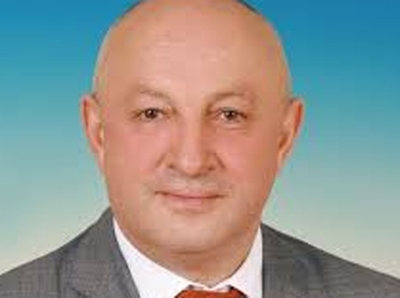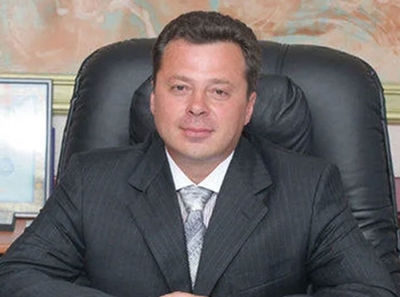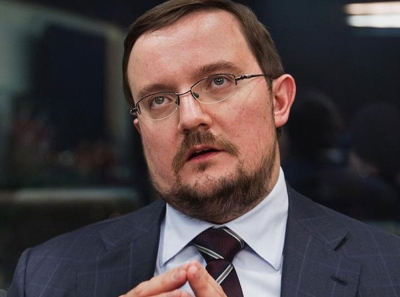Euromaidan: a decade on
The demonstrations on Kyiv’s Maidan Square in favour of Ukraine joining the European Union began ten years ago and continued for several months. The protesters, who numbered hundreds of thousands at times, brought about the fall of the pro-Russian president Viktor Yanukovych. Commentators discuss the motives of the Ukrainian demonstrators and the role of other countries.
The fight for a happy Ukraine continues
The "Revolution of Dignity" is unfinished, writes correspondent Oleh Chernysh on BBC News Ukraine:
“The turbulent events of ten years ago have already gone down in the history books. But there’s no shaking off the feeling that there is still no end in sight. It’s not just that none of those who committed bloody crimes during the Maidan protests have been punished. ... I think I have understood the paradox of the Maidan memory. Participants and observers of the protests do not have the feeling that the struggle is over. The fight for the ‘happy Ukraine of the future’ continues.”
Against arbitrariness and injustice
The Maidan protests were based on more than purely ethnic and linguistic Ukrainian solidarity, stresses Vytautas Bruveris, editor-in-chief of the Elta news agency, in Lrt:
“Just as important, if not more so, was the protest against the injustice, arrogance and arbitrariness of the authorities after they had crossed certain red lines. It was also a social protest. ... That’s why from the very first days you would not only see Ukrainians of different ethnic backgrounds on the Maidan, but also people from almost every corner of the world. ... The Maidan became a melting pot: on the one hand, of the traditional ethnic-linguistic-historical Ukrainian identity and, on the other, of that which the US, the leading civil society in the world, defines in the first words of its constitution as: ‘We, the people’.”
An externally imposed change of power
Sašo Ornik presents the official Russian view of the protests on his blog Jinov Svet:
“In Western mythology this event is seen as a positive example of a mass rebellion against a corrupt government. But in reality it was an external exploitation of internal divisions in a country on the brink of financial collapse after years of mismanagement. The then Ukrainian President Yanukovych had two options: to accept help either from the West or from Russia. He decided in favour of Russia.”
The West wanted elections, not a coup
Film director Alexander Rodnyansky contradicts the Kremlin’s narrative about the Maidan in a Telegram post picked up by Echo:
“There was no ‘Western-backed coup’. This is the usual mantra of Russian propaganda; it is the version that Putin insists on — and it has largely become the basis of the fierce confrontation with the West. ... In fact, Western mediators were simply trying to negotiate early elections. Putin must be able to remember that. It’s no coincidence that [Foreign Minister Sergey] Lavrov personally recalled the representative of the Russian president, Vladimir Lukin, just as he was about to sign the agreement between Yanukovych and the opposition on behalf of Moscow on 21 February.”
Russia never understood the Maidan protests
Moscow’s aggression against Ukraine won’t solve its domestic problems, writes political scientist Olessya Yakhno on Facebook:
“In Russia they still haven’t understood that our Maidan protests were not the will of a particular group, and certainly not the result of external interference. They were a common form of reaction to imbalances in Ukrainian politics and society, and an expression of the position of civil society. ... The fact that Russia started the war also means that no one there wants to tackle the country’s internal problems. It’s much easier to keep society in a state of fear with the help of an external enemy. This is the wrong approach: ultimately Russia’s external aggression will activate internal processes.”
